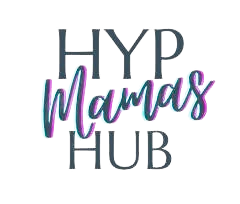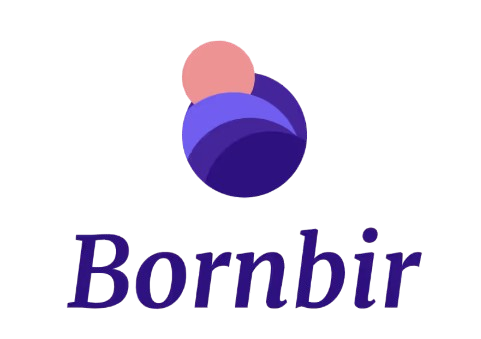Let's Connect...
We are a collective of
Maternal Wellness Professionals supporting mothers &
families locally on Long Island & virtually worldwide.
To reach out, fill out this form.
We typically respond within 48 hours.
Let's get in touch
We will get back to you as soon as possible.
Please try again later.
Frequently Asked Questions
-
What are the common uses of hypnosis?
Hypnosis is commonly used for pain management, stress reduction, smoking cessation, weight loss, treatment of phobias, improving sleep, and enhancing performance in various areas (e.g., sports, academics).
-
Can hypnosis make me do things against my will?
No, hypnosis cannot make you do anything against your will or contrary to your values. You remain in control throughout the process and can reject any suggestion that does not align with your beliefs or desires.
-
What is HypnoBirthing®?
HypnoBirthing® is a childbirth method that focuses on using relaxation, visualization, and self-hypnosis techniques to reduce fear, anxiety, and pain during labor and delivery. It aims to create a positive birthing experience by promoting calmness and confidence.
-
Can HypnoBirthing® be used for home births and hospital births?
Yes, HypnoBirthing® can be adapted for any birthing environment, including home births, hospital births, and birthing centers. The principles and techniques remain the same.Can HypnoBirthing® be used for home births and hospital births?
-
Is yoga safe during pregnancy?
Yes, prenatal yoga is specifically designed for pregnant women and can be beneficial. However, it's crucial to practice under the guidance of a certified prenatal yoga instructor.
-
Can yoga help with mental health issues?
Yoga has been shown to help with mental health issues like anxiety, depression, and stress by promoting relaxation, mindfulness, and emotional balance. However, it should complement, not replace, professional mental health treatment.
-
What is a placenta specialist?
A placenta specialist is a healthcare professional with expertise in the placenta's role during pregnancy, childbirth, and postpartum. They may come from various backgrounds, including obstetrics, gynecology, midwifery, or pathology. Their knowledge encompasses the anatomy, function, and potential complications related to the placenta.
-
When should I see a lactation consultant?
You can see a lactation consultant at any point during your breastfeeding journey. Common times include during pregnancy for prenatal education, shortly after birth to establish breastfeeding, or if you encounter any challenges such as latching issues, low milk supply, or pain during breastfeeding.
-
How can an intuitive life coach help me?
An intuitive life coach can help you gain clarity on your goals, overcome obstacles, and develop a deeper understanding of yourself. They use their intuition to guide you in making decisions that align with your true self.
-
What is transformational women's coaching?
Transformational women's coaching is a personalized approach to help women achieve personal growth, overcome challenges, and create meaningful change in their lives. It focuses on empowering women to align with their true selves and live authentically.
-
How does sound healing work?
Sound healing uses the therapeutic properties of sound and music to promote physical, emotional, and spiritual well-being. As a singer and sound healer, I use vocal tones and instruments to create healing vibrations that help release stress and restore balance.
-
How can a sexologist help me?
A sexologist can assist with a variety of issues, including sexual dysfunction, intimacy challenges, communication in relationships, and sexual education. They provide a safe and non-judgmental space to explore and address your concerns.












